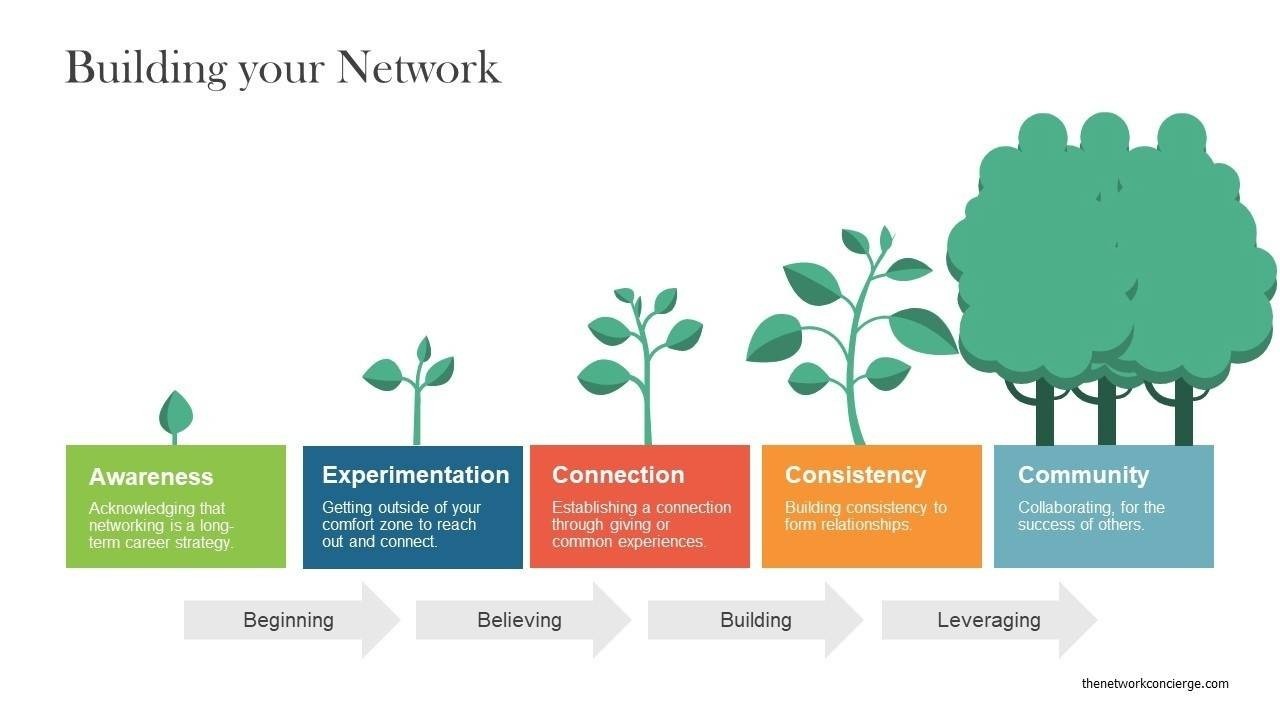100 REASONS BLOG
It is starting to happen, the question, "Do you have a New Year's Resolution?" Whether it is just small talk or curiosity, it is a question you can expect to get at least once this time of year. ...
Doing the work at work is not the most challenging part of the job. But when we are in it, the difficult journey of growth and development is often left to on-the-job training.
What if there was a ...
Stepping into her new role, she couldn't help but feel a twinge of unease.
Working alongside Ph.D.s was uncharted territory for her. Before a single word was exchanged, she filled her mind with doubt...
Everyone is feeling the pressure of inflation, including your company, making it even more critical that you are the leader that gets ahead of the conversation. Depending on when your fiscal year en...
Do you feel like you are spinning wheels, rolling the dice, and moving backward as much as forward at work? When did work become more complicated than a board game, and what can you do about it? Fir...
Do you know what this is? Don't answer - it will date you!
For those unfamiliar, the Rolodex was once a coveted tool for any good executive. Early in my carer, it was fun to watch a leader who had ...
What Are You Building at Work? Legacy or History?
Legacies and histories are both important, but they are not the same thing. The legacy you leave at work is what defines your career, while your wo...
We all have that one friend who is always talking about their career and how they are grateful for every second of it. And while we may not be at that point yet, take some time to focus on the littl...
You've decided you need a coach. Congratulations! This is a major step in taking control of your career and charting a new course for success. But now comes the hard part: how do you choose the righ...
It is inevitable that, when looking at the popular crowd, people will make assumptions about the politics involved. However, there is more to this group than meets the eye. There are several reasons...
Have you ever heard that your NETWORK is your NET WORTH?
So why do we resist networking? It moves so many out of our comfort zone in different ways, and that's okay. But what if you are overthinkin...
Something missing in your career? Feeling stagnant? Need a reboot?
Find your opposite.
So often, we look at our peers and colleagues as our competition, but what if they are there to compliment ou...








